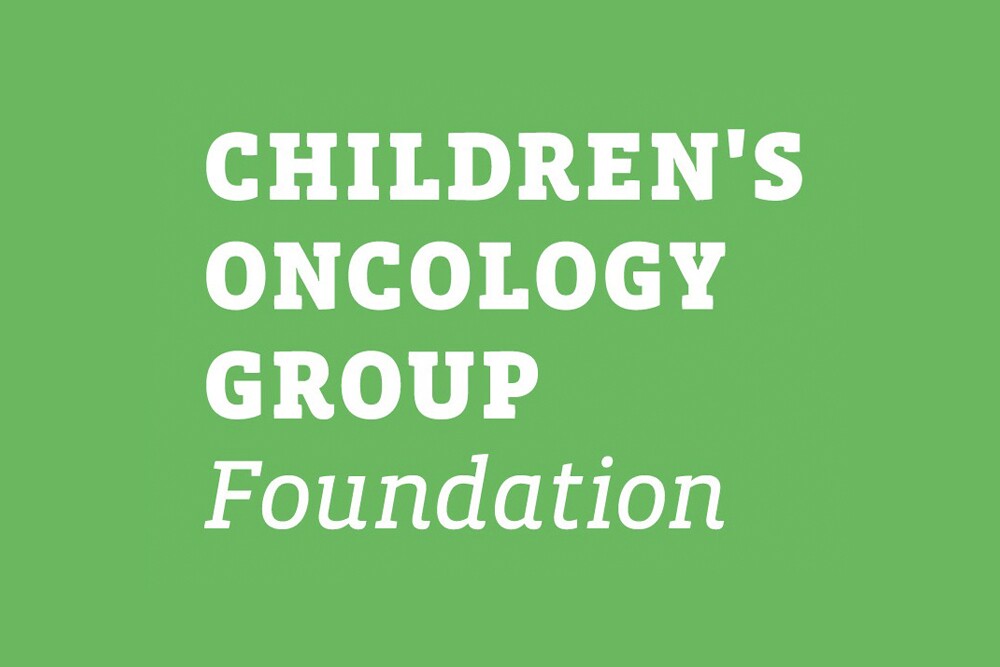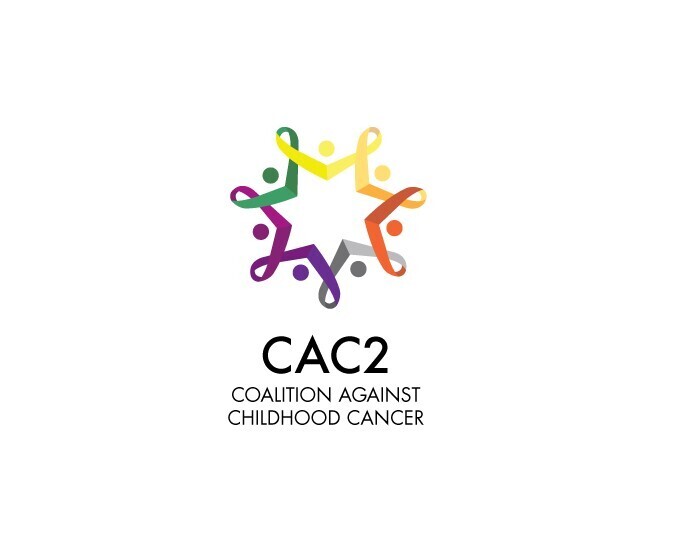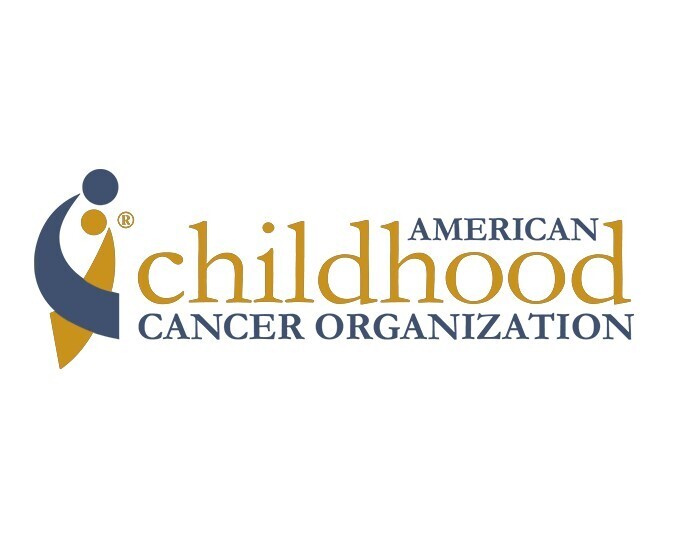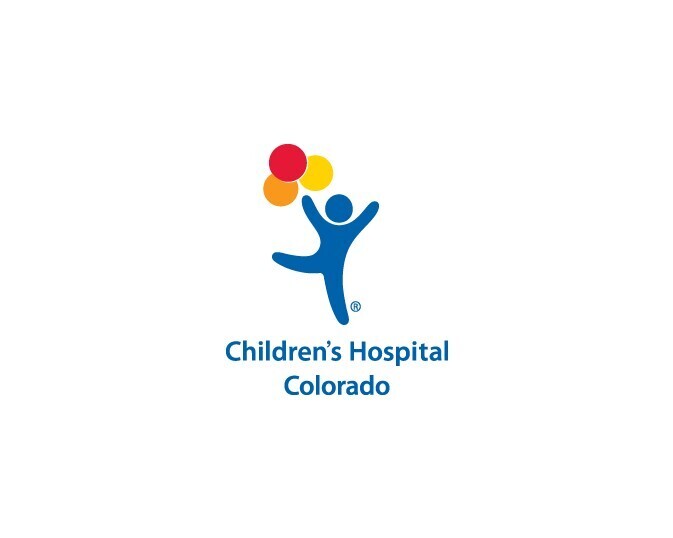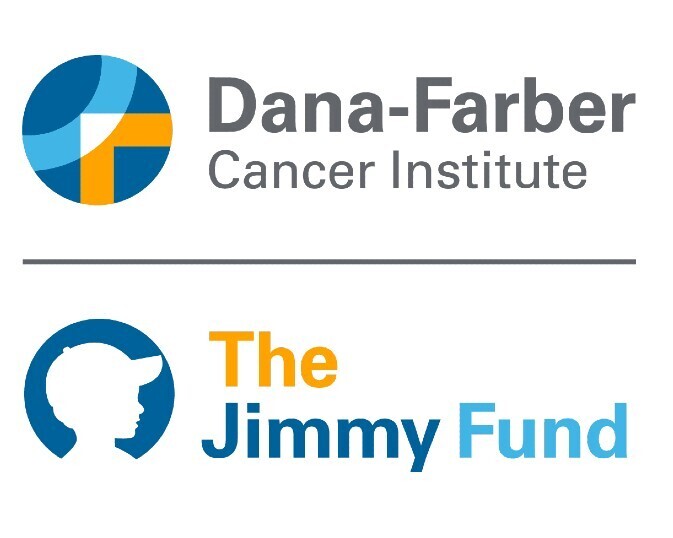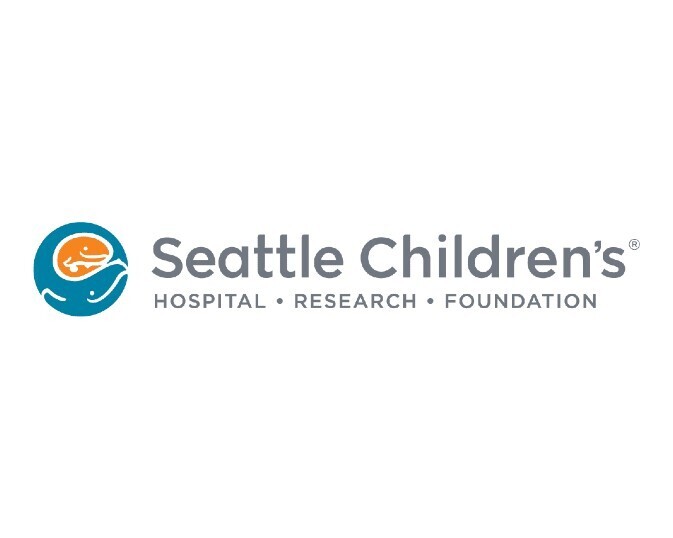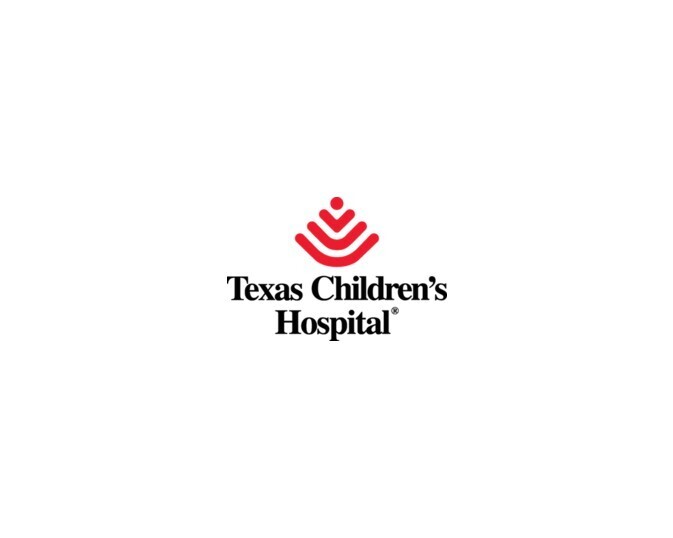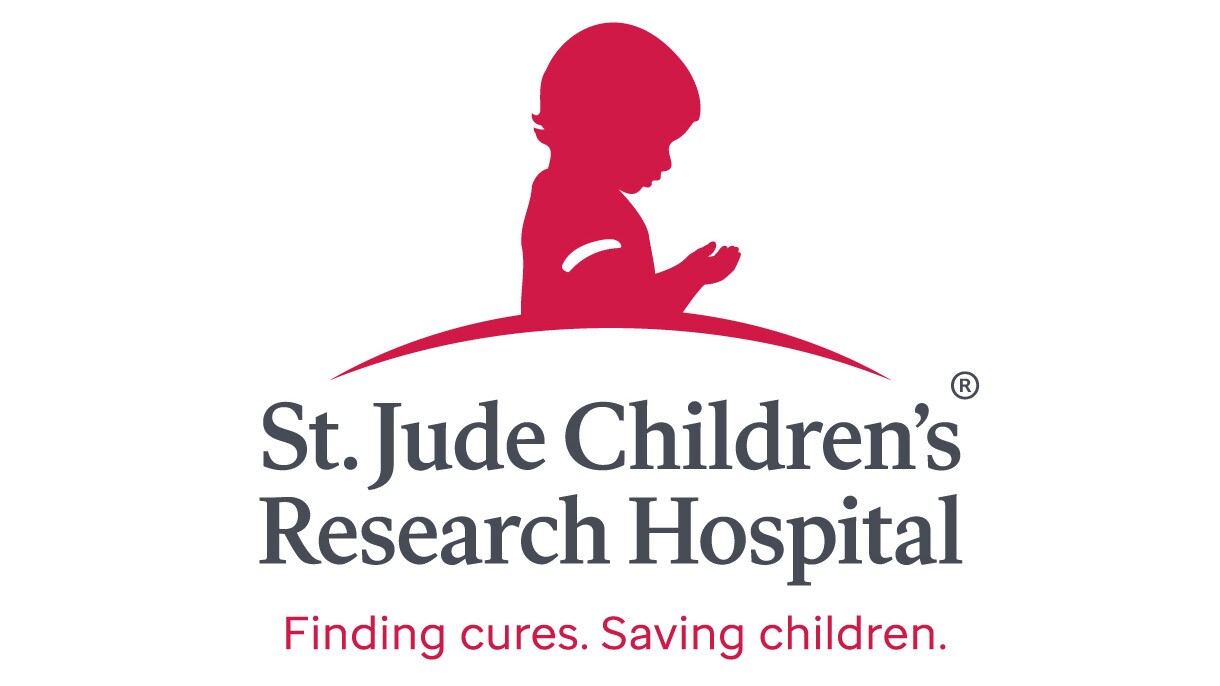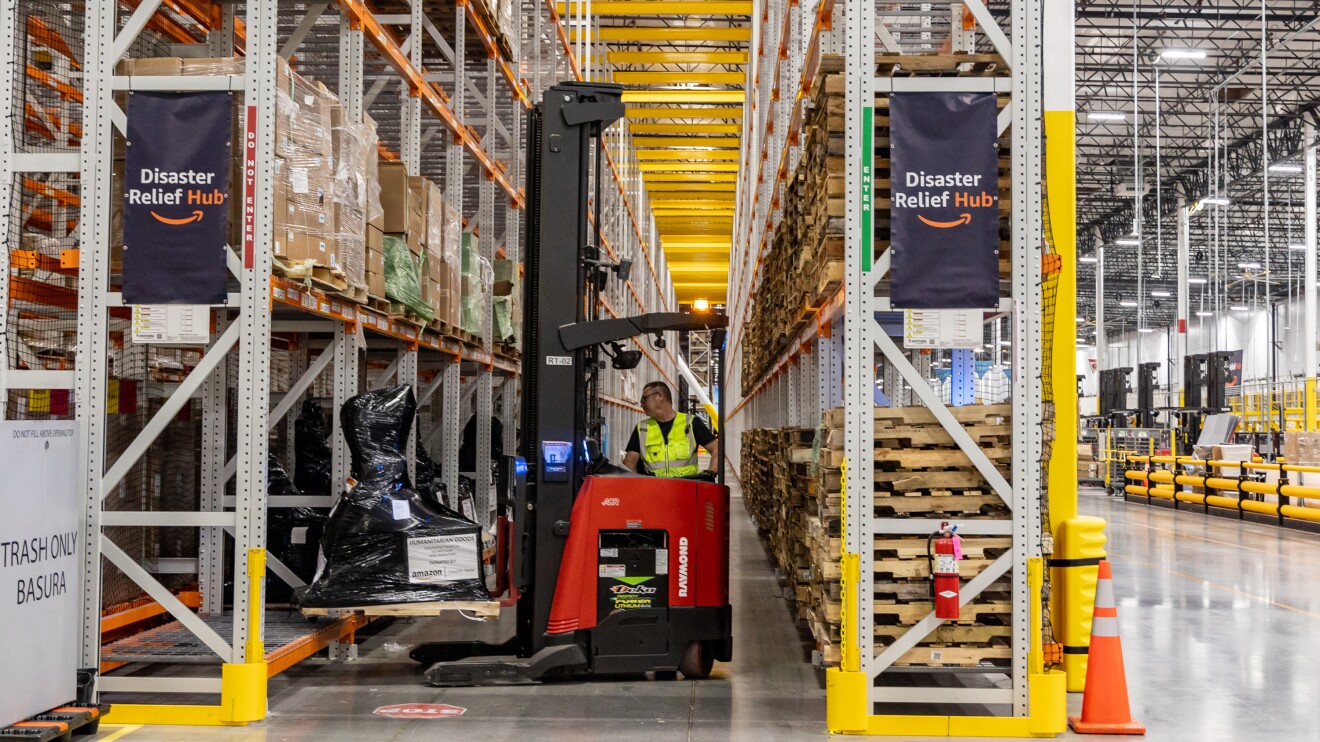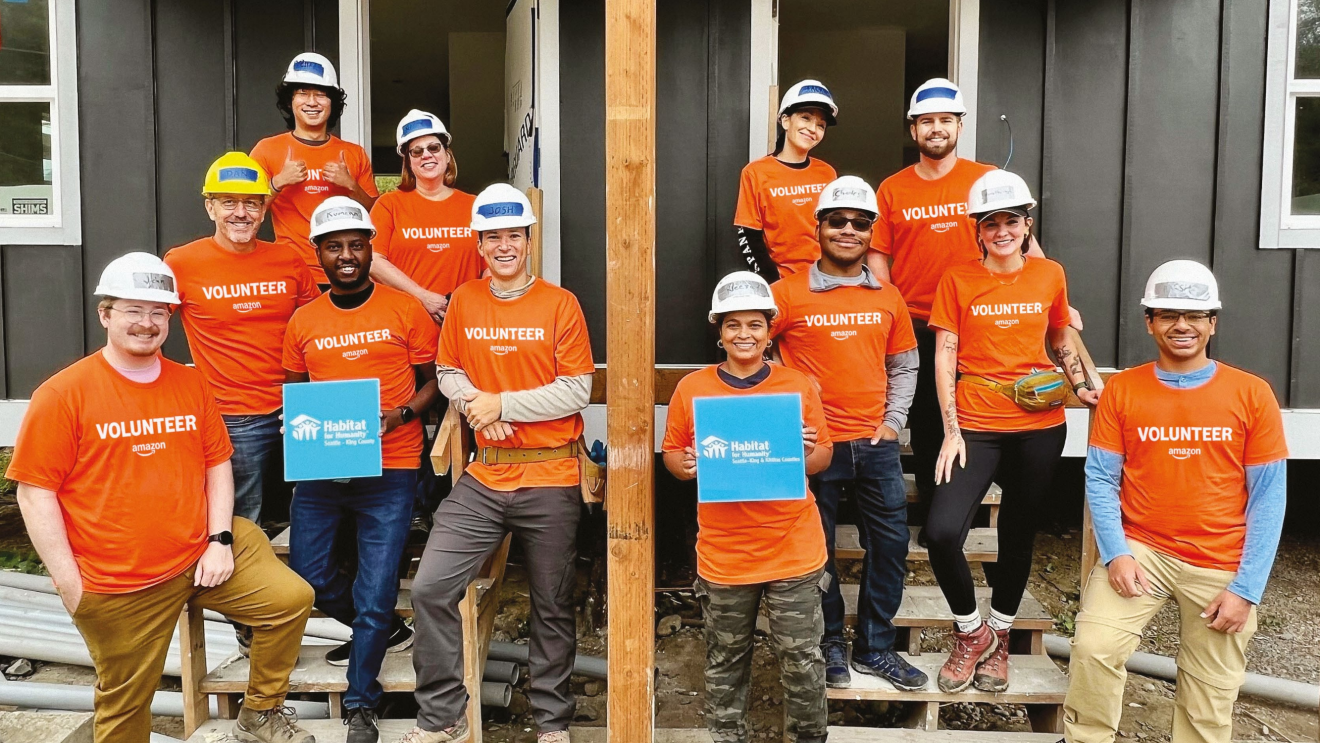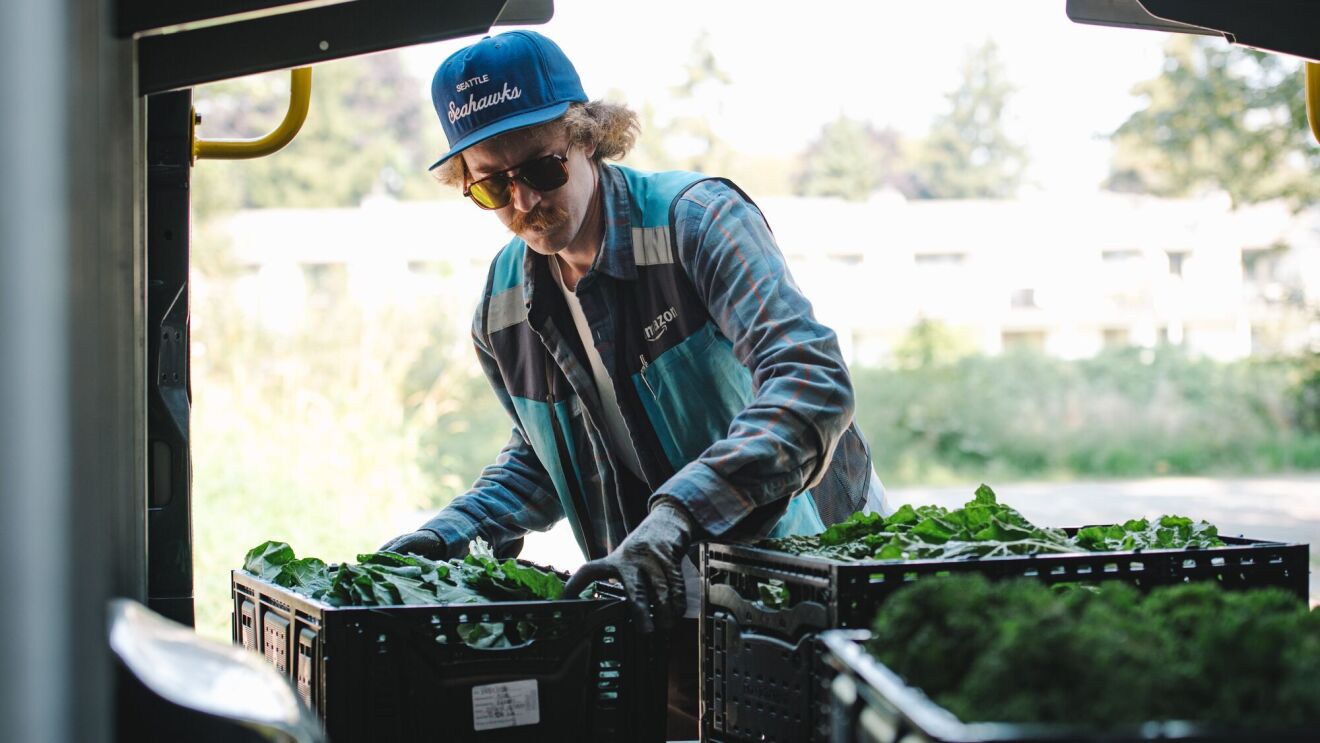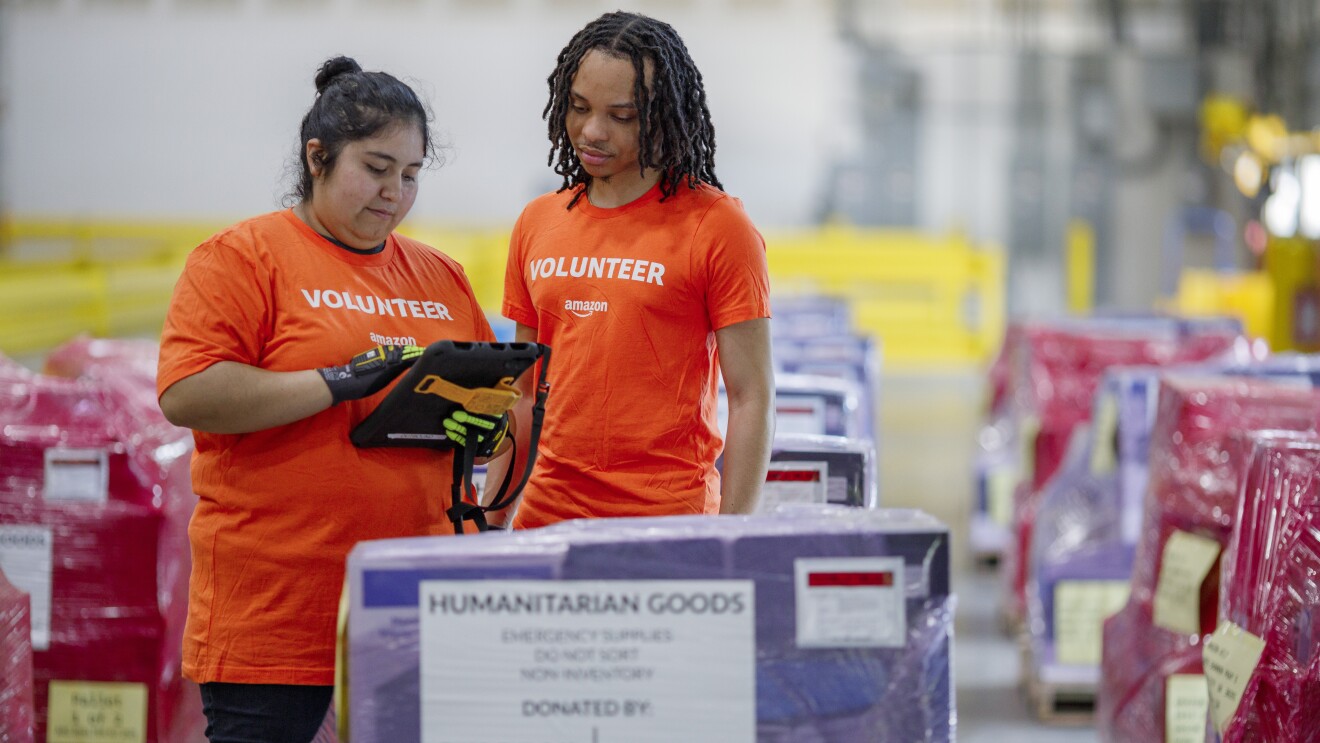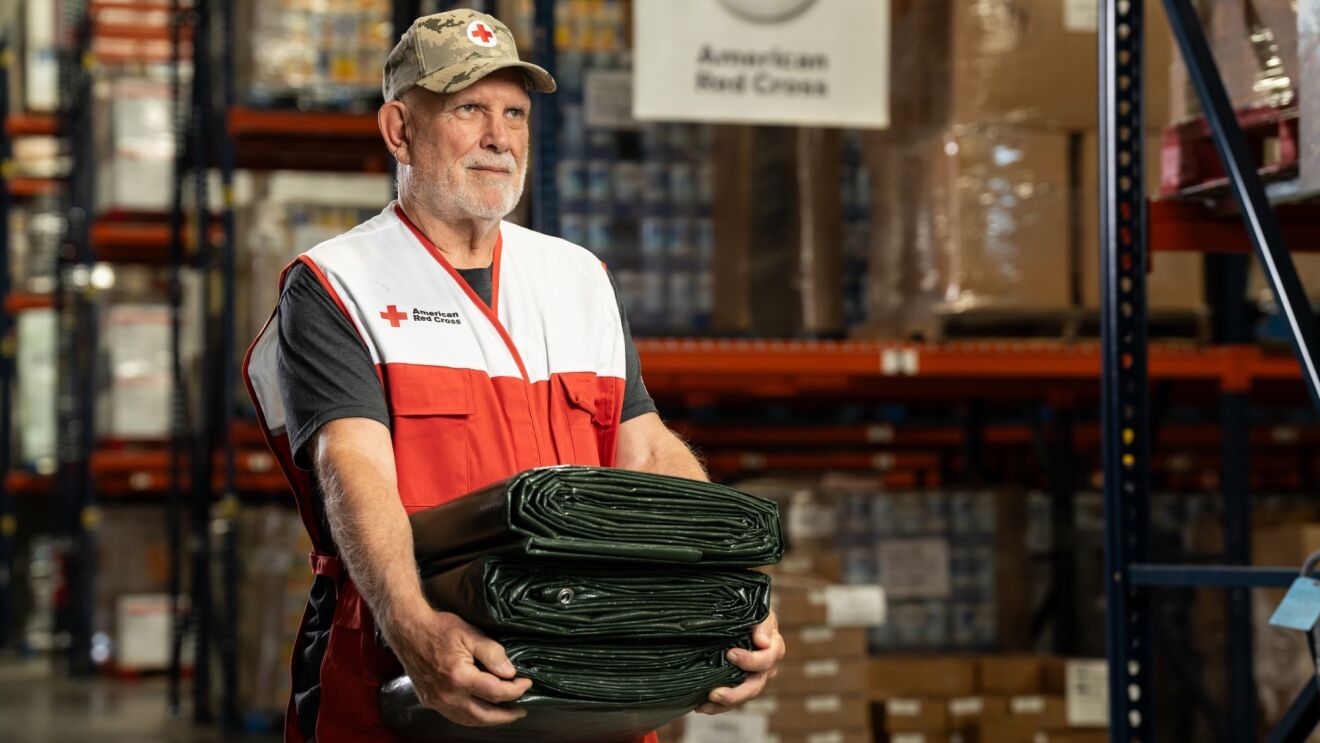Dr. Lia Gore's dream of becoming a pediatric oncologist began when she was just 12 years old. That year, her friend and gymnastics teammate was diagnosed with acute myeloid leukemia at the same time Dr. Gore learned her own mother battled with breast cancer before she was born, a disease she survived for 59 years. These early introductions to the personal impact of cancer influenced Dr. Gore's philosophy of never settling for a dire prognosis without asking what more could be done.
Dr. Gore received her medical degree from the George Washington University School of Medicine and Health Sciences in Washington, D.C., where she also completed her internship in pediatrics at Children's National Medical Center. She completed a residency in pediatrics, a fellowship in pediatric hematology/oncology, and a post-doctoral fellowship in leukemia biology at the University of Colorado Program and Children's Hospital Colorado.
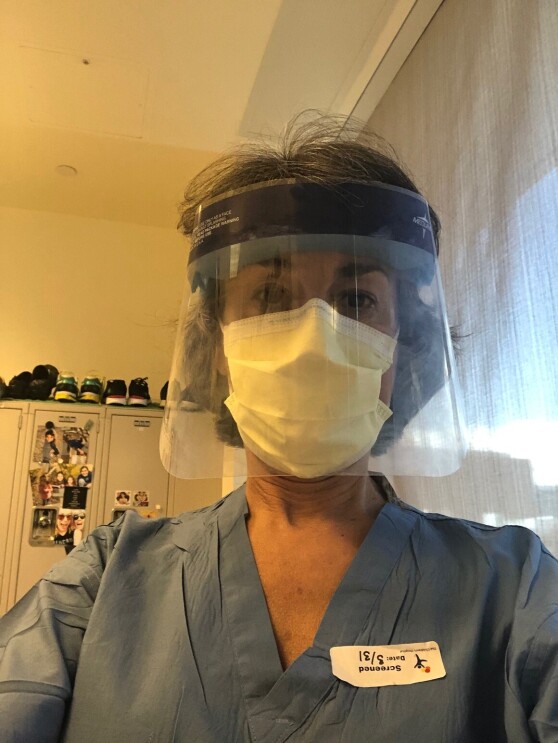 Childhood cancer doesn't stop for a pandemic. Dr. Gore sports a face mask and shield while working through the COVID-19 crisis.
Childhood cancer doesn't stop for a pandemic. Dr. Gore sports a face mask and shield while working through the COVID-19 crisis.In what she calls her years of "naive optimism," Dr. Gore found herself asking the tough questions: "Why couldn't children have access to new drugs sooner? Why is restricting access to many new trials for children with brain tumors and leukemias the status quo? Why is the status quo ok?" By asking these questions, Dr. Gore found herself learning from "giants" who were willing to help her try to find the answers to these bold, and often unanswered, questions.
Today, Dr. Lia Gore serves as the section head of pediatric hematology/oncology/bone marrow transplants and director of the Center for Cancer and Blood Disorders at Children's Hospital Colorado. She is also the vice chair of the Children's Oncology Group. While Dr. Gore holds a number of distinguished titles, she reminds us this work is never done alone. In fact, this collaborative perspective has led Dr. Gore's team to receive approvals for four new cancer drugs to treat five different cancers—an accomplishment many do not hold. She believes in the power of collaboration and works alongside other leading oncologists around the world with a common goal to eradicate or reduce the impact cancer has on children.
Currently, Dr. Gore and her team are working to answer another tough question: How can we link underserved leukemia patients with cutting-edge treatments?
A key component in treating newly diagnosed leukemia is genetic and molecular testing, which informs physicians which treatment options are best suited for the patient. While these tests are critical for all patients, they are not always easily accessible, especially for patients who are uninsured or underinsured. Because of this, not all patients have access to the cutting-edge treatments available for their disease. A new multi-organization, multi-investigator effort, led by Dr. Gore, focuses on narrowing that gap by creating a mechanism that makes available molecular testing in underrepresented patients.
With the support of the CU Cancer Center, uninsured or underinsured patients will have access to highly sophisticated molecular testing developed at Children's Colorado that they otherwise would not. With the increased biologic understanding of leukemia, cancer care teams can determine which treatment options are best for the patient or if they should modify the current treatment plan to increase the chance of better outcomes. Although Dr. Gore's team in the Denver Metro area is currently piloting the effort, it has potential for expansion. They hope to create an approach that others can readily export to farther outlying sites in the state and across the region with minimal modification.
Dr. Gore won't stop until she has once again, broken down barriers and explored the unanswered questions through her efforts to bridge the gap in access to much needed treatment.
Lending a hand to researchers like Dr. Gore
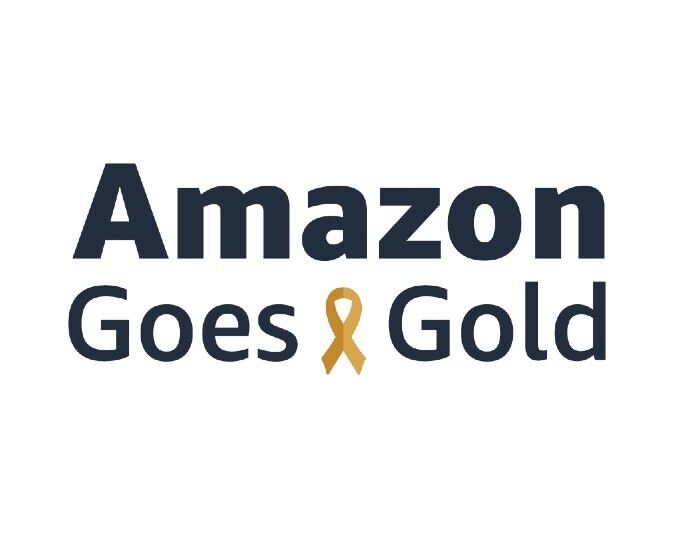 Amazon Goes Gold is an annual initiative to support the fight against childhood cancer.
Amazon Goes Gold is an annual initiative to support the fight against childhood cancer.This year alone, more than 300,000 children globally will be diagnosed with pediatric cancer. Amazon has the opportunity to make a difference for the thousands of children and families impacted by cancer by raising greater awareness and supporting the important work of cancer researchers and front-line care professionals. This is why for the fourth consecutive year, Amazon will "go gold" in September for Childhood Cancer Awareness Month to help raise awareness around pediatric cancer and groundbreaking research in the field.
Since 2017, customers have received their orders in gold boxes to help drive awareness throughout September—and this year, we're shipping out another 20 million gold boxes to garner even greater support. Additionally to date, Amazon has donated over $6 million to childhood cancer programs across the country and around the world. This September, we're doubling down on our focus toward innovative research by donating $4 million to eight leading cancer research institutions across the U.S.
Childhood cancer doesn't stop for a pandemic, and neither does our support.
At Amazon, we believe in Thinking Big and Diving Deep in order to drive our customer experience forward—and this is exactly what pediatric oncologists, like Dr. Lia Gore and many others, are doing to develop best-in-class treatment. There's still a lot more work to be done, and doctors and researchers around the world are working together to, someday, find a cure.
Meet two more doctors in the fight
Dr. Carlos Rodriguez-Galindo, MD
Chairman of the Department of Global Pediatric Medicine at St. Jude's Children's Research Hospital
Dr. Carlos Rodriguez-Galindo, MD
Chairman of the Department of Global Pediatric Medicine at St. Jude's Children's Research Hospital
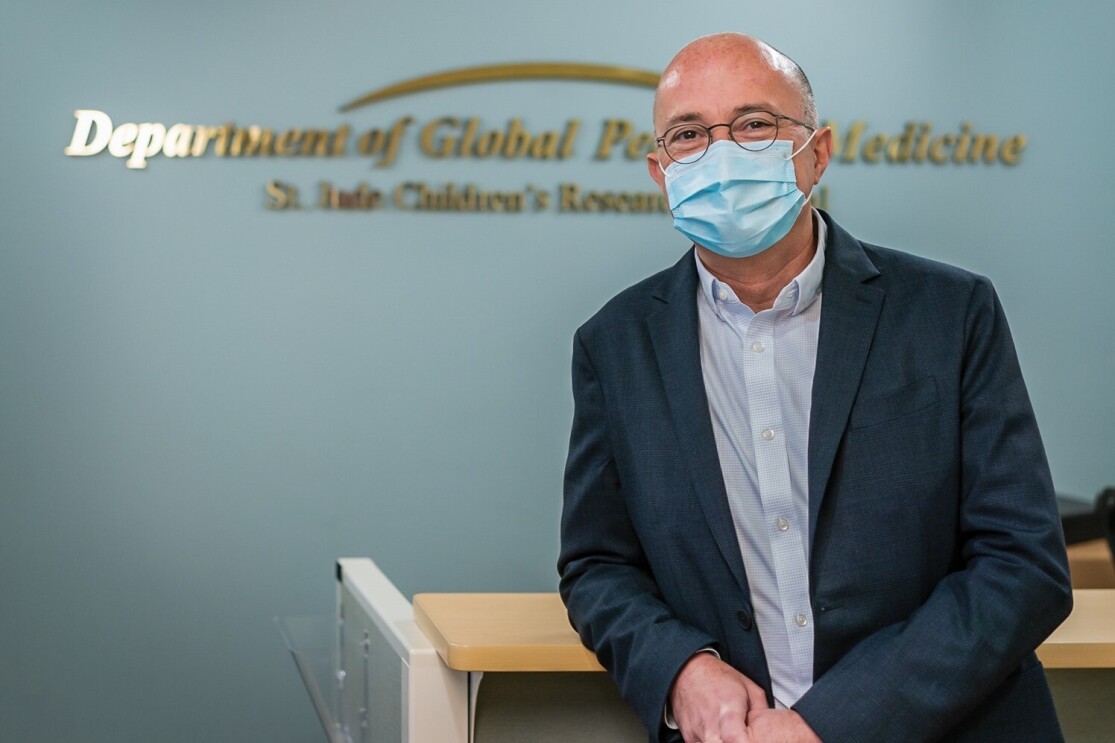 Dr. Carlos Rodriguez-Galindo, chairman of the Department of Global Pediatric Medicine at St. Jude Children’s Research Hospital
Dr. Carlos Rodriguez-Galindo, chairman of the Department of Global Pediatric Medicine at St. Jude Children’s Research HospitalIn another time, Dr. Carlos Rodriguez-Galindo and his colleagues might have attracted the world's attention to the audacious goal they outlined recently: Preventing the deaths of more than 6 million kids from cancer. Rodriguez-Galindo, chairman of the Department of Global Pediatric Medicine at St. Jude Children's Research Hospital, co-chaired a commission that concluded without investments in healthcare systems, 11 million kids will die of cancer by 2050. Most of the deaths were predicted for low- and middle-income countries, where access to care is limited and childhood cancer routinely goes undiagnosed. The Lancet Oncology Commission also found that increasing healthcare spending by $20 billion a year could save 6.2 million children. Every dollar spent would bring a threefold economic return. "That was work we were hoping would call the attention of governments, call the attention of the major decision-makers," Rodriguez-Galindo said. Unfortunate timing deprived the report of such attention.
Published in March, the report came out just as COVID-19 began dominating news cycles. The experience hasn't deterred Rodriguez-Galindo from his quest to prevent global pediatric cancer deaths. As director of St. Jude Global, he works with doctors and institutions in about 60 countries to improve care. The Lancet Oncology report prescribes six steps to tackle inequalities between rich and poor countries. The measures include covering childhood cancer as part of universal healthcare plans, ending out-of-pocket charges for treating cancer-stricken kids, and building national and regional networks to improve access to care. Profile written by Thomas Charlier.
Dr. Michael Jensen, MD
Chief therapeutics officer at Seattle Children's Hospital
Chief therapeutics officer at Seattle Children's Hospital
 Dr. Michael Jensen, MD, chief therapeutics officer at Seattle Children’s Hospital
Dr. Michael Jensen, MD, chief therapeutics officer at Seattle Children’s HospitalDr. Michael Jensen's career in immunotherapy–using the body's own defenses to kill diseases–is rooted in his DNA: Jensen's grandfather helped develop a diphtheria vaccine and later directed a global vaccination program. Jensen's own journey began at 16 when he bicycled to the house of a neighbor, Seattle immunotherapist Phil Greenberg, and asked for a summer lab job. Greenberg said no, Jensen showed up for work anyway. "I spent the summer cleaning mouse cages," he laughs, "but the next summer I was promoted to the tissue lab." Gradually, the two became close colleagues. Jensen developed his own spin on immunotherapy, which he brought to Seattle Children's in 2010.
By modifying disease-fighting T cells with "chimeric antigen receptors," or CARs–which recognize and lock onto a particular structure on leukemia cells–Jensen turns T cells into guided missiles that attack cancer. The results of early clinical trials at Seattle Children's are promising: 93 percent of kids with relapsed leukemia–kids too sick for conventional treatment–achieved complete remission three months after receiving CAR T cells. Jensen's work isn't finished. In half those patients, the disease recurred within a year. Now he and his team are investigating the sneaky return, and developing ways to block it. He's also engineering CAR T cells to attack brain tumors and other forms of cancer. Philanthropy is crucial to leveraging his breakthroughs. "To cure more kids, we need funding to expand research and clinical trials. With another $20 million, we could go from eight trials to more–lots more–against more types of cancer. It would be immediately catalytic." Profile written by Lisa Brihagen.
By modifying disease-fighting T cells with "chimeric antigen receptors," or CARs–which recognize and lock onto a particular structure on leukemia cells–Jensen turns T cells into guided missiles that attack cancer. The results of early clinical trials at Seattle Children's are promising: 93 percent of kids with relapsed leukemia–kids too sick for conventional treatment–achieved complete remission three months after receiving CAR T cells. Jensen's work isn't finished. In half those patients, the disease recurred within a year. Now he and his team are investigating the sneaky return, and developing ways to block it. He's also engineering CAR T cells to attack brain tumors and other forms of cancer. Philanthropy is crucial to leveraging his breakthroughs. "To cure more kids, we need funding to expand research and clinical trials. With another $20 million, we could go from eight trials to more–lots more–against more types of cancer. It would be immediately catalytic." Profile written by Lisa Brihagen.
Learn more about this year's Amazon Goes Gold partners
01 / 08
.jpg)

